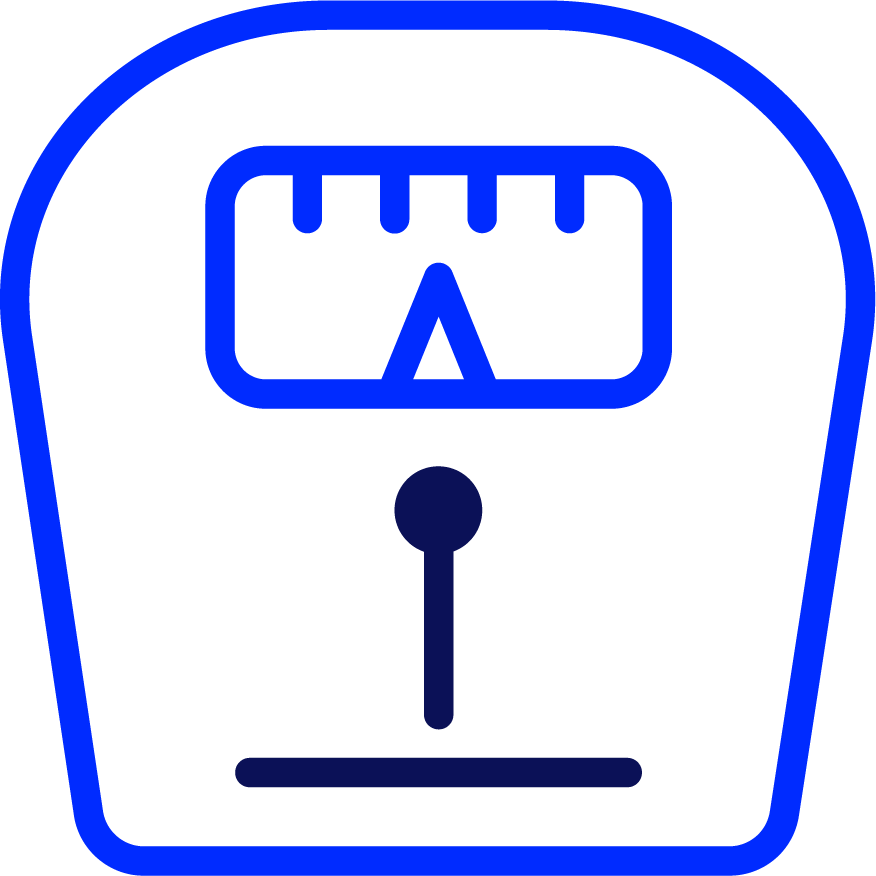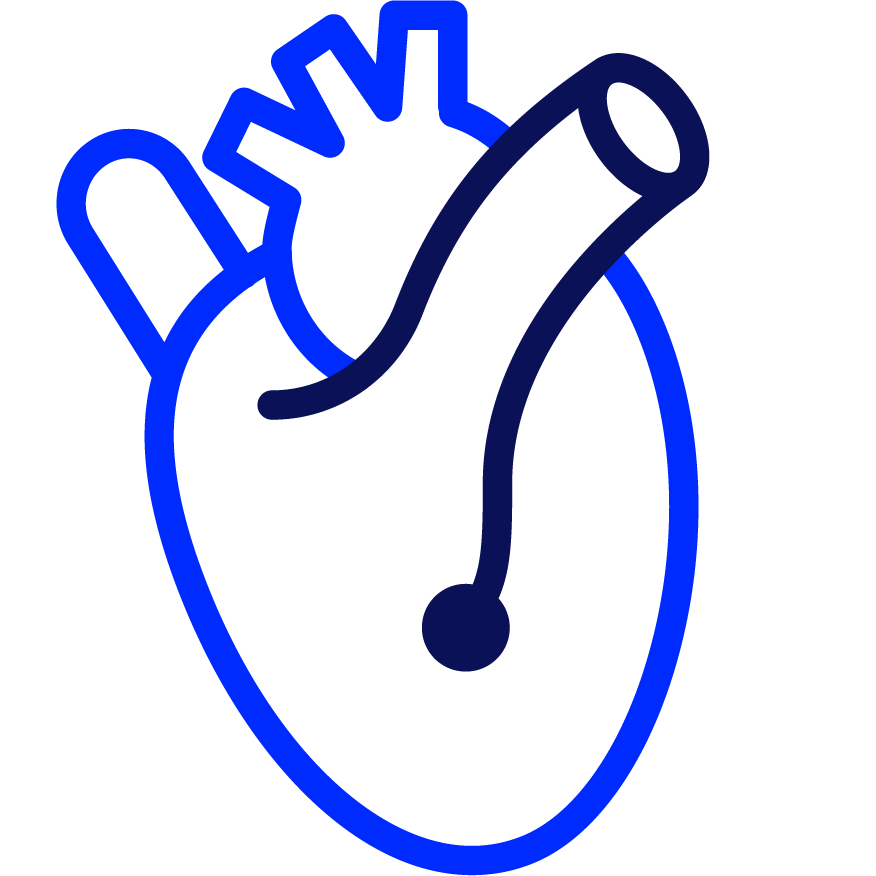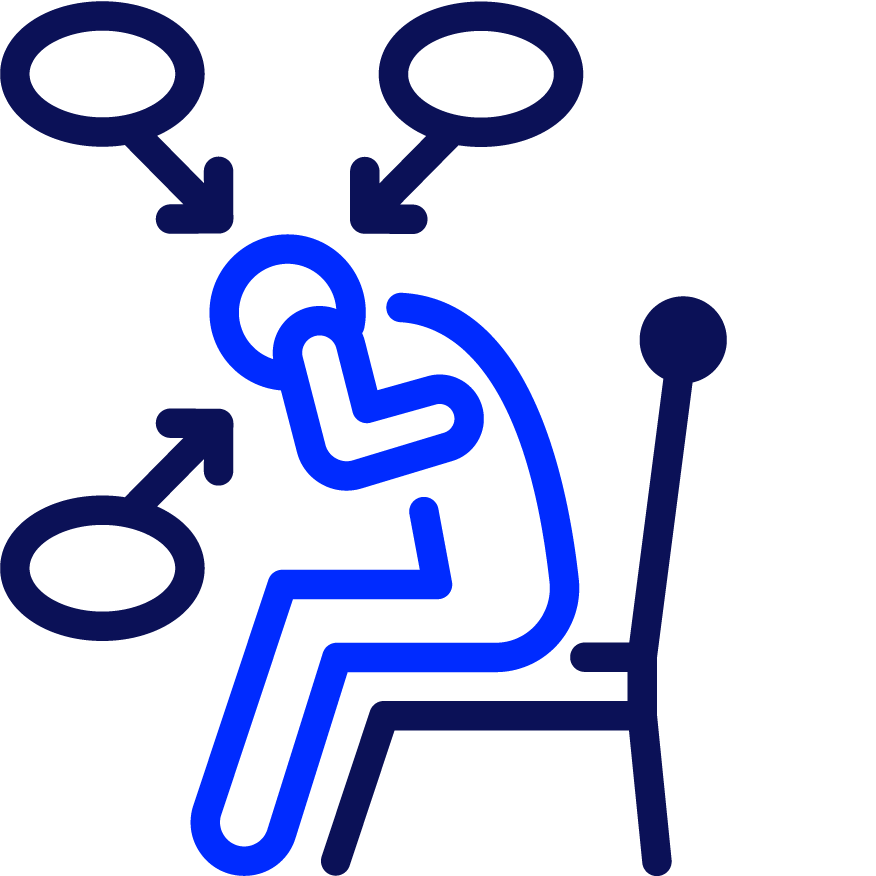Cardiovascular disease
Cardiovascular disease is a long-term complication of type 1 diabetes.
Cardiovascular disease (CVD) includes coronary heart disease, cerebrovascular disease, and peripheral artery disease. Chronic high blood sugar and other risk factors can affect blood vessels, placing people with type 1 diabetes (T1D) at a higher risk of developing cardiovascular disease.
T1D and cardiovascular disease
Cardiovascular disease is increasingly understood to be an important health issue for people with T1D. Risk factors that can lead to CVD include high blood sugar, high blood pressure, and kidney disease.
Additionally, despite the common (mis)perception that people with T1D are lean, the T1D population lives with obesity—another CVD risk factor—at rates comparable to non-diabetic people.
High blood sugar is one reason CVD is more common and occurs at an earlier age in people with T1D, but there may be other features of T1D that accelerate CVD which are yet to be discovered.
Preventing cardiovascular disease

Keep your blood-sugar in range

Get regular physical activity

Eat a healthy and well-balanced diet

Maintain a healthy weight

Manage blood pressure and cholesterol

Manage stress

Don’t smoke

Get enough sleep
More complications guidance
For people living with T1D, eye disease is a troubling reality, but early detection and timely treatment can reduce the risk of blindness by over 95 percent.
Nearly one out of three people with T1D develop kidney disease. Fortunately, most people with T1D and kidney disease don’t end up with kidney failure.
Improving quality of life
Breakthrough T1D is tackling the complications of T1D, including eye, kidney, and heart disease—where we have the opportunity to make short- and long-term impacts on people’s lives—strategically investing in developing treatments that can improve outcomes of T1D.